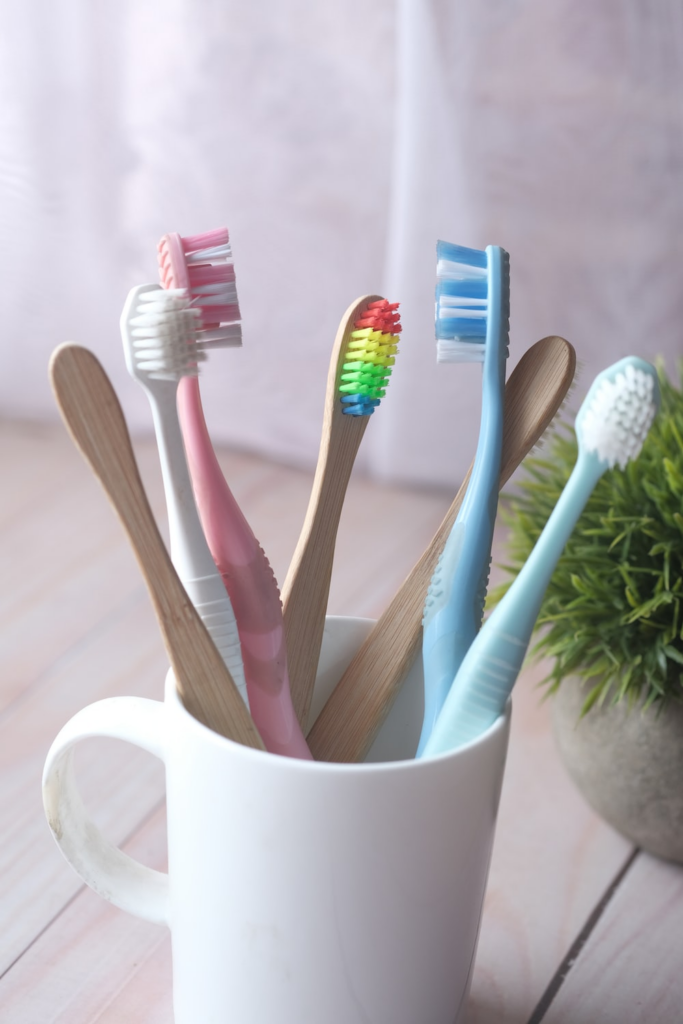
Maintaining good oral hygiene is essential not only for a bright smile but also for overall health. The use of oral antiulcerants in oral care has gained significant attention in recent years due to their potential benefits in preventing and managing oral ulcers. In this article, we’ll delve into the world of oral antiulcerants and how they play a crucial role in oral care routines.
Table of Contents
- Introduction
- Understanding Oral Ulcers
- The Significance of Oral Care
- Oral Antiulcerants: What Are They?
- Common Types of Oral Antiulcerants
- 5.1 Topical Gels and Ointments
- 5.2 Oral Rinses
- 5.3 Lozenges and Pastilles
- How Oral Antiulcerants Work
- Incorporating Oral Antiulcerants into Your Routine
- Benefits of Oral Antiulcerants
- 8.1 Rapid Pain Relief
- 8.2 Accelerated Healing
- 8.3 Prevention of Secondary Infections
- Tips for Optimal Oral Health
- 9.1 Brushing and Flossing Techniques
- 9.2 Mouthwash and Rinses
- 9.3 Balanced Diet and Hydration
- Consulting a Healthcare Professional
- Addressing Common Concerns
- 11.1 Potential Side Effects
- 11.2 Drug Interactions
- Myths About Oral Antiulcerants
- Conclusion
Introduction
Oral ulcers, commonly known as canker sores, are painful lesions that form inside the mouth. They can make simple tasks like eating and speaking uncomfortable. While several factors can contribute to the development of oral ulcers, maintaining proper oral hygiene can significantly reduce their occurrence.
Understanding Oral Ulcers
Oral ulcers are shallow, round or oval sores that form on the mucous membranes of the mouth. They can be caused by various factors, including minor injuries from dental work, accidental biting, stress, hormonal changes, and certain medical conditions. These ulcers typically go away on their own within a week or two, but they can be incredibly uncomfortable during that time.
The Significance of Oral Care
Maintaining a consistent oral care routine is vital for preventing various oral health issues, including ulcers. Brushing and flossing regularly help remove plaque and bacteria that can contribute to the development of ulcers. Additionally, a clean mouth is less prone to infections, promoting better overall health.
Oral Antiulcerants: What Are They?
Oral antiulcerants are specialized products designed to alleviate the discomfort associated with oral ulcers and promote faster healing. They come in various forms, such as gels, rinses, and lozenges, each offering unique benefits for oral care.
Common Types of Oral Antiulcerants
5.1 Topical Gels and Ointments
These gels and ointments are directly applied to the affected area. They form a protective barrier over the ulcer, providing relief from pain and reducing irritation.
5.2 Oral Rinses
Oral rinses containing antiulcerant ingredients help cleanse the mouth, reducing the risk of infection and promoting healing.
5.3 Lozenges and Pastilles
Lozenges and pastilles slowly dissolve in the mouth, delivering medication directly to the ulcer. They offer prolonged relief and are particularly useful for individuals with difficulty applying topical treatments.
How Oral Antiulcerants Work
Oral antiulcerants work by providing pain relief, reducing inflammation, and creating an environment conducive to healing. They also help prevent secondary infections that can further exacerbate the discomfort.
Incorporating Oral Antiulcerants into Your Routine
When using oral antiulcerants, it’s essential to follow the instructions provided by the manufacturer. Applying them after meals and before bedtime can maximize their effectiveness.
Benefits of Oral Antiulcerants
8.1 Rapid Pain Relief
One of the primary benefits of oral antiulcerants is rapid pain relief. They numb the area around the ulcer, reducing discomfort and making daily activities more manageable.
8.2 Accelerated Healing
By creating an optimal environment for healing, these products help ulcers resolve more quickly than they would on their own.
8.3 Prevention of Secondary Infections
Oral antiulcerants not only alleviate pain but also protect against infections that could prolong the healing process.
Tips for Optimal Oral Health
9.1 Brushing and Flossing Techniques
Using the right techniques while brushing and flossing can significantly impact your oral health. Gentle brushing and proper flossing can prevent injuries that might lead to ulcers.
9.2 Mouthwash and Rinses
Incorporating antimicrobial mouthwash into your routine can further reduce the risk of infections and promote a healthier mouth.
9.3 Balanced Diet and Hydration
A diet rich in vitamins and minerals, along with proper hydration, supports the body’s natural healing processes.
Consulting a Healthcare Professional
Before using any oral antiulcerants, especially if you have underlying medical conditions or are taking other medications, it’s essential to consult a healthcare professional.
Addressing Common Concerns
11.1 Potential Side Effects
While oral antiulcerants are generally safe, some individuals may experience mild side effects like a tingling sensation or taste disturbances.
11.2 Drug Interactions
Discussing potential drug interactions with a healthcare provider can help prevent any adverse reactions.
Myths About Oral Antiulcerants
Clearing up misconceptions about oral antiulcerants can encourage more people to consider these helpful products for oral care.
Conclusion
Oral antiulcerants have revolutionized the way we approach oral care, providing quick relief and promoting faster healing. By incorporating them into a comprehensive oral hygiene routine, individuals can experience enhanced comfort and overall oral health.



